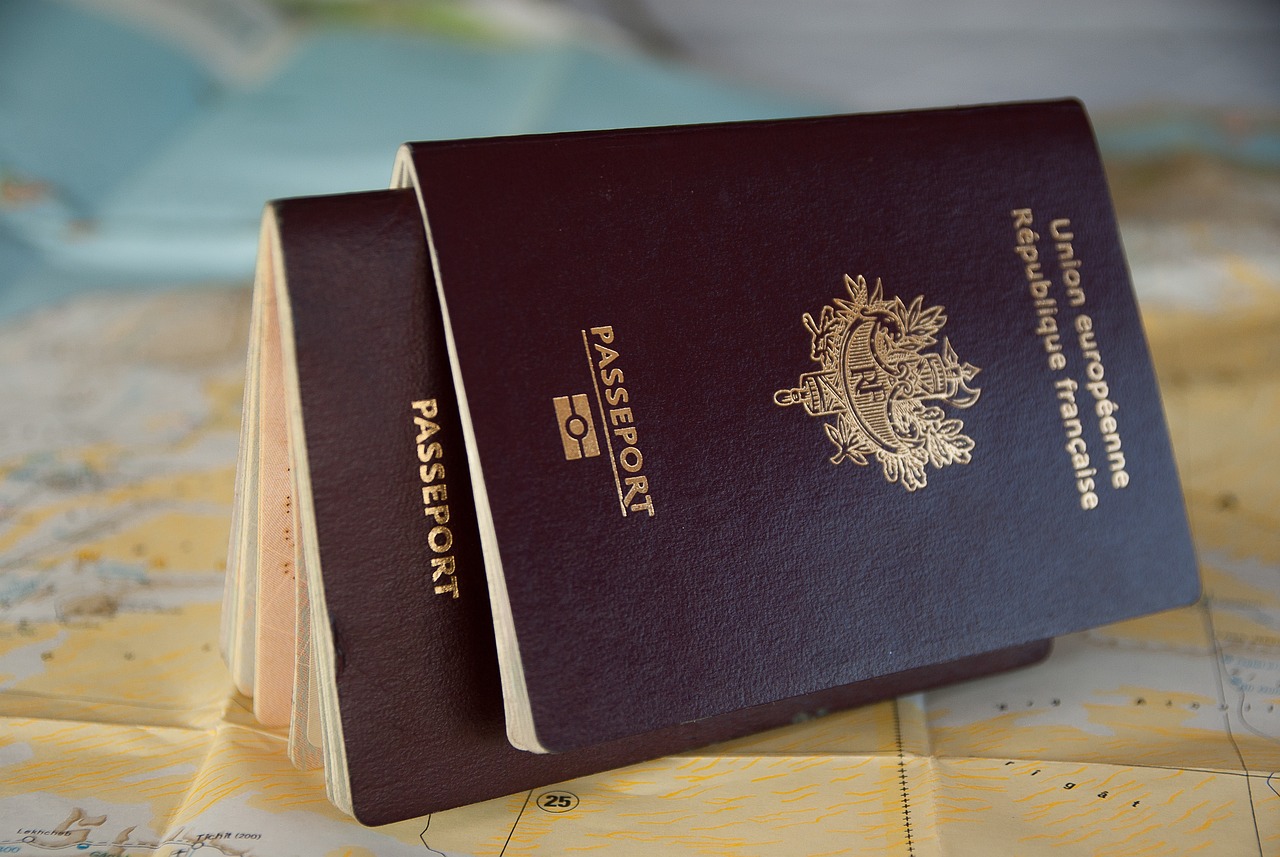Exciting news! On January 24, 2024, the U.S. Citizenship and Immigration Services (USCIS) announced a new update to its Policy Manual, which clarifies that officers have the discretionary power to excuse a nonimmigrant’s failure to timely file an extension of stay or change of status request, if the delay was due to extraordinary circumstances beyond the control of the applicant or petitioner.
In general, USCIS does not approve an extension of stay or change of status for a person who failed to maintain their status or where such status expired before the filing date of the application or petition. If certain conditions are met, however, USCIS, in its discretion, may excuse the failure to file before the period of authorized stay expired.
The new update appears in Chapter 4. Section A. Extension of Stay or Change of Status, which includes a new subsection entitled “Requirements to Timely File a Request to Extend Stay or Change Status.”
It clarifies that USCIS may excuse a failure to file before the period of authorized status expires, where the requestor demonstrates in their request that:
- The delay was due to extraordinary circumstances beyond the person’s control;
- The length of the delay was commensurate with the circumstances;
- The person has not otherwise violated their nonimmigrant status;
- The person remains a bona fide nonimmigrant; and
- The person is not the subject of removal proceedings and, in the case of extensions of stay, is also not the subject of deportation proceedings.
 Visa Lawyer Blog
Visa Lawyer Blog










